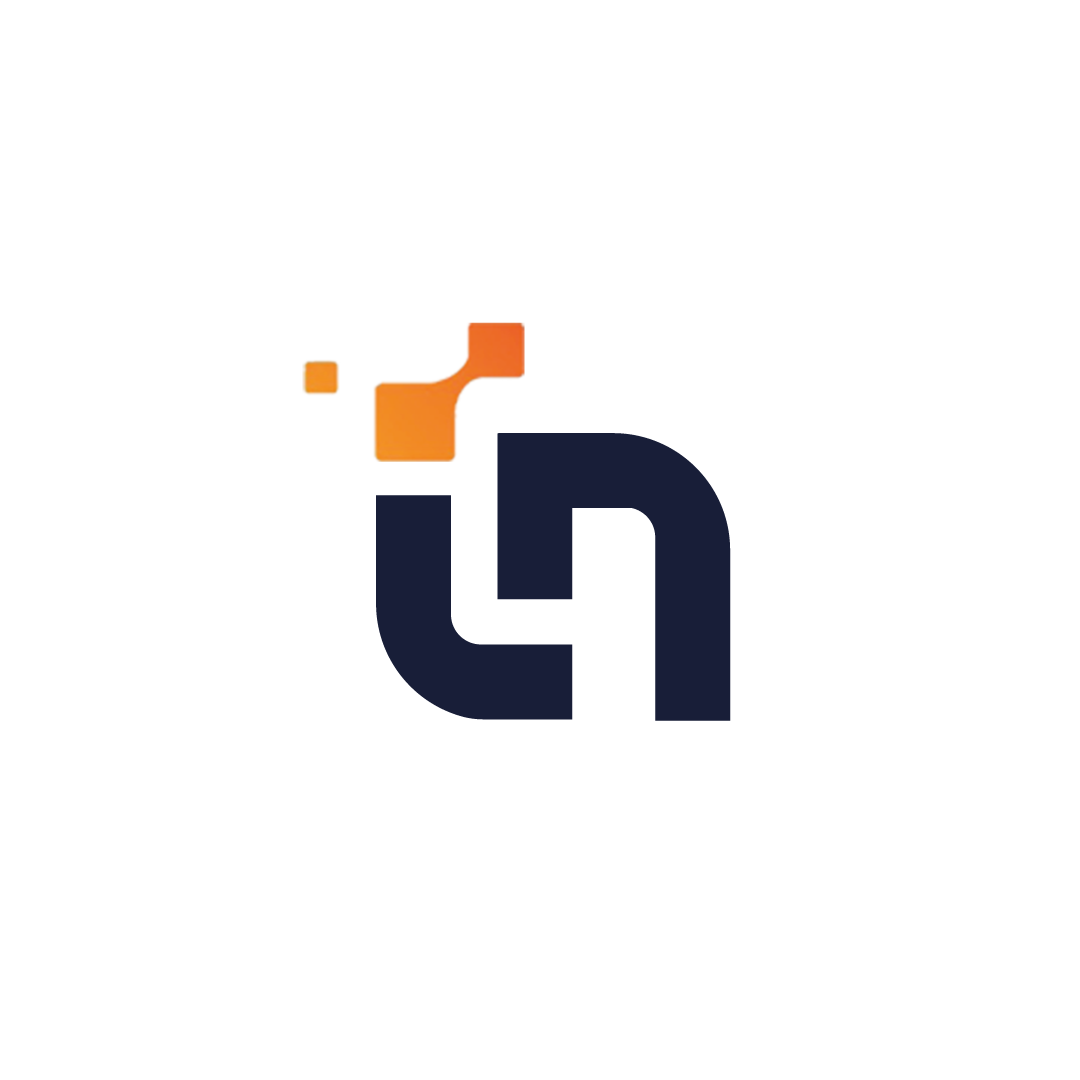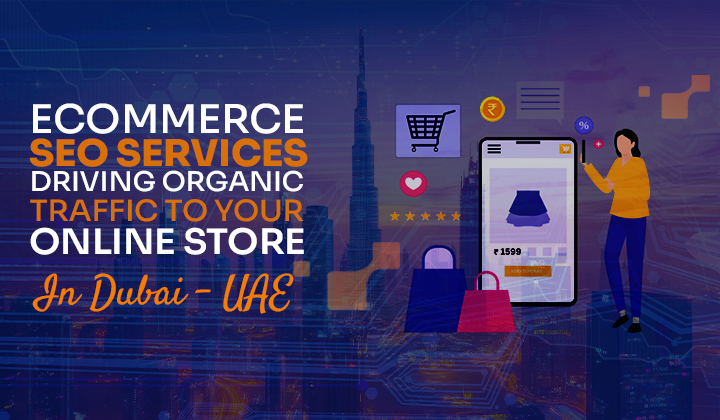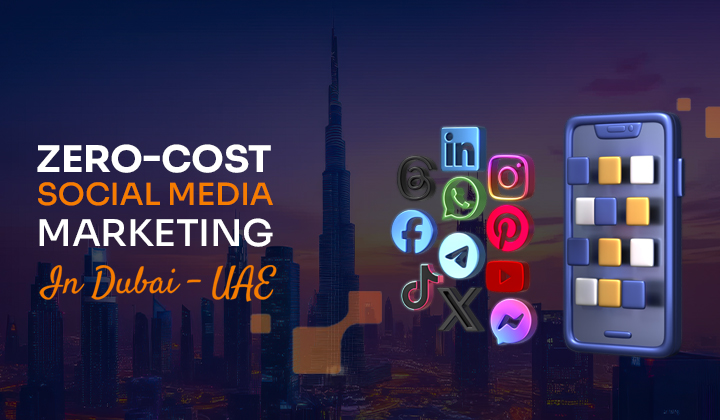How Artificial Intelligence Automation Shapes the Future of Marketing in Dubai, UAE.
Think about a marketer who spends an inordinate amount of time analyzing report after report from their marketing campaigns. Now, imagine AI automation completing the same work in seconds. This isn't the future of marketing; it is the reality in marketing today. All industries are now using AI automation to increase efficiencies, scale campaigns, and provide an improved customer experience.
But first, what is AI automation? It is the use of artificial intelligence to automate not just repeatable processes, but to provide for more intelligent systems. Artificial intelligence automation is different from regulation tools because it utilizes methods, like machine learning, predictive analytics, and robotic process automation, in workflows.
The issue is no longer about whether brands will start to harness AI in their strategies. Now we start to consider just how quickly they will adapt. AI and automation allow businesses and brands to change their thinking about marketing and move away from traditional generic campaigns. Businesses are beginning to harness AI in the smarter targeting of their campaigns. The automated engagement with customers, and real-time analytics to measure effectiveness. For example, the impact from AI is undeniable.
In this blog, we will look at the implications of AI automation for marketing strategies. We will examine the advantages and the real-world applications we are already starting to see in market application. You will also see tools that are often dubbed as AI workflow automation. RPA AI is being used to streamline processes for modern businesses. You will be compelled to consider why companies like InLinkers do not see AI as optional, but necessary to their growth.
Understanding AI Automation in Marketing
This acquired learning allows for a level of dynamism that is far more effective during today's campaigns. So what exactly is AI automation in marketing? AI automation simply refers to the use of AI in programmed systems to perform complex tasks and to improve results. In fact, AI automation is much different from traditional automation, which runs on predetermined rules. AI automation learns to analyze and adapt based on new information.
One of the most notable differences is that traditional tools solely send scheduled emails or simple reports. AI systems don't just do that. They also analyze behavior, predict needs, and adjust campaigns in real time making them more effective than legacy systems.
Another essential aspect is robotic process automation AI (RPA). RPA simplifies repetitive actions, like reporting, lead scoring, or data cleansing. It minimizes human errors and affords marketers time to partake in the creative side of the profession. In conjunction with RPA, AI-powered workflow automation allows for entire marketing processes to be correlated. From lead capture to post-sales outreach, the workflows became effortless and data-driven.
For instance, email marketing. In traditional tools, bulk email duplicates go to all subscribers.By utilizing AI-based targeting, companies can send out distinct messages to individual users based on their browsing history or likelihood to be interested.This created resulting experiences and engagements.
Marketers should view AI and automation as not replacing humans but, rather, using them as an aide for their team. Marketers' effective use of AI and automation, can transform a labor-intensive process to a predictive process that focuses on the customer.
Key Benefits of AI Automation in Marketing
Enhanced Customer Insights with AI and Automation
A highly regarded benefit of AI automation is the ability to analyze data. In the past, marketers relied on weeks to report manually and interpret data, however, AI can drive the interpretation of consumer data at a moment’s notice. Companies can now analyze trends, learn about the customer journey, and even predict behavior, thanks to AI and automation. For example, e-commerce companies can now utilize AI to recommend products in a similar fashion to how Netflix recommends shows.
Hyper-Personalization of Campaigns
The days when marketing messages are generic are long gone! Thanks to artificial intelligence automation, brands can produce content specifically directed to each person.This means that the responses generated for chatbots by AI are as personalized as possible. Creating that framework for individual interaction builds brand loyalty and customer satisfaction.
Increased Efficiency with Robotic Process Automation AI
Repetitive work is time-consuming and leads to mistakes. Robotic process automation AI handles these tedious jobs. Whether it is updating customer relationship management data or nurturing leads, all while cutting out human error and providing marketing teams with backhours each week. So there is speedier execution with always correct data.
Smarter Decision-Making through AI Workflow Automation
Marketers traditionally depended on static A/B testing; nevertheless, workflow automation via AI provides the option to make adjustments in real-time. As users interact with the content, campaigns automatically evolve, adapting both the content and the experience funnel with immediate adjustments. As an example, if a customer clicks on a product. AI immediately responds by adapting the funnel, making the campaigns smarter and providing greater ROI.
Any of the aforementioned benefits certainly illustrates why forward-thinking companies like InLinkers consider AI automation necessary. It saves time and allows for smarter engagements.
Real-World Applications of AI Automation in Marketing
The effects of AI powered Automation are observable in day-to-day tools. Chatbots are now a common fixture of customer service by bringing instant answers and insight to companies. Conversational marketing powered by AI is providing valuable interactions at scale that would have previously been unimaginable.
Content creation is another major area. AI automation assists in developing SEO compatible blogs, ad copy, and even images. Now a tool will monitor keywords and user intent, and create content to reach more people for less work.
Predictive analytics such as AI will also play a major role. Businesses will use AI to intelligently allocate ad spend. Rather than guess what platform or messaging type works best, AI can predict outcome-based historical data. This lessens wasted budgets and increases efficiency in campaign performance.
Social media is another area impacted by AI and automation. Brands are now using post-scheduling tools not only to post but also determine the best time and format to optimize engagement.
HubSpot has merged AI workflow automation components into its CRM for easy lead management.Large organizations such as Amazon, Spotify, and HubSpot are already reaping the benefits. Amazon is utilizing predictive models to offer product recommendations, while Spotify is employing AI-powered engines to customize playlists.
These examples illustrate that being an early adopter of robotic process automation AI or similar tools is not an option anymore; this is the route to sustainable growth in competitive industries.
Challenges and Considerations
While the advantages are not in doubt, there are also challenges that come with utilizing AI automation, which I will address next. The first challenge involves data privacy. Marketers need assurances that agility with customer data will not lead to noncompliance with applicable global privacy standards, as misuse of this data can damage brand trust and result in substantial legal risk.
With large enterprises more equipped to absorb the costs of advanced technology and automation, cost is another of the impediments to smaller business adoption. While advanced technology is often out of reach for smaller businesses, customers are now being offered scalable solutions to ease the selection process for less established companies.
Marketers should also be wary of over-reliance on automation tools. AI and automated processes can efficiently and quickly complete tasks, whereas human creativity can't easily be generated.
Assigning humans to lead strategy, while allowing automation to undertake the tactful implementation, entails understanding and application of emotional intelligence, storytelling, and innovation, not one of which is an algorithm.
Finally, ethical considerations are equally important in terms of operating AI. Being transparent and informative about how and in what capacity processes perform, can contribute to brand trust.
As one marketing leader notes, (and I will mangle this), "The best results happen when AI/Automation supports, and does not replace human talent."
Companies such as InLinkers advocate a technology/science with creativity, combining art with technology rather than placing them at odds with one another.
The Future of AI Automation in Marketing
The outlook for AI automation is bright and dynamic. Expect to see enhanced personalization with every ad tailored to one person. AI-generated video ads will become ubiquitous, resulting in greater engagement from campaigns.
AI workflow automation will soon be involved with every marketing platform. This will create complete marketing campaigns from a single, smart dashboard. Predictive palatable journeys will begin to emerge. Businesses will know what customers need before customers even know.
To get ready for this, marketers should be testing smaller AI tools right now. This gradual rollout of AI tools will build familiarity and trust. In a matter of years, marketers who use artificial intelligence automation will lead the marketplace.
As industry experts are saying, once again AI is not a fad. It is the core of modern marketing transformation. Businesses that adapt will have ongoing growth. Businesses that do not, will be out.
Summary
AI automation is not a thing of the future; it already has and continues to impact marketing (now). You would see the impact more clearly in how you will provide deeper levels of customer understanding and smarter workflows.
AI automation improves personalization, increases efficiencies, and delivers ROI while reducing manual labor.
There are examples of brands like InLinkers displaying how businesses can utilize technologies to keep up with these competitors. The most important thing is to start small - test chatbots, predictive analytics, or workflow tools. Then you can scale once you've tested and experienced results.
AI should be embraced as a partner. It enhances your creativity and will discover more ways to help your organization. which will accelerate the decisions you make and would drive measurable growth. And the time is now.
If you're in need of AI automation services for your organization or want to learn about developing automation software for your organization. Contact us today to discuss how InLinkers can assist.
Frequently Asked Questions
Q1. What is AI automation in marketing?
AI automation is the use of artificial intelligence to automate processes, analyze data, and optimize campaigns.
Q2. How is AI automation different from old-school automation?
Old-school tools follow instruction and do not change, while AI automation can adjust, learn, and predict.
Q3. What exactly is robotic process automation AI?
Robotic process automation automation is automating repetitive and time-consuming tasks like reporting, lead scoring, and CRM record updates.
Q4. What is the use of AI workflow automation for marketers?
AI Workflow automation connects processes like lead capture within the overall workflows of an automated and reinforced campaigns of engagement, lead nurturing, and follow-up.
Q5. Does AI and automation fit a budget for small businesses?
Yes, there are many scalable solutions today to make the use of AI tools available to startups!
Was this article helpful?
Yes, it was fine! No, or there was something offComments - 02
Leave a Reply
About InLinkers
An Emerging Tech Company In Dubai-UAE Delivering Innovative Software Solutions For your Business Growth
Categories
Tags
Newsletter
Contact us
Get instant solutions for your business, drop us a message for instant help
Send


